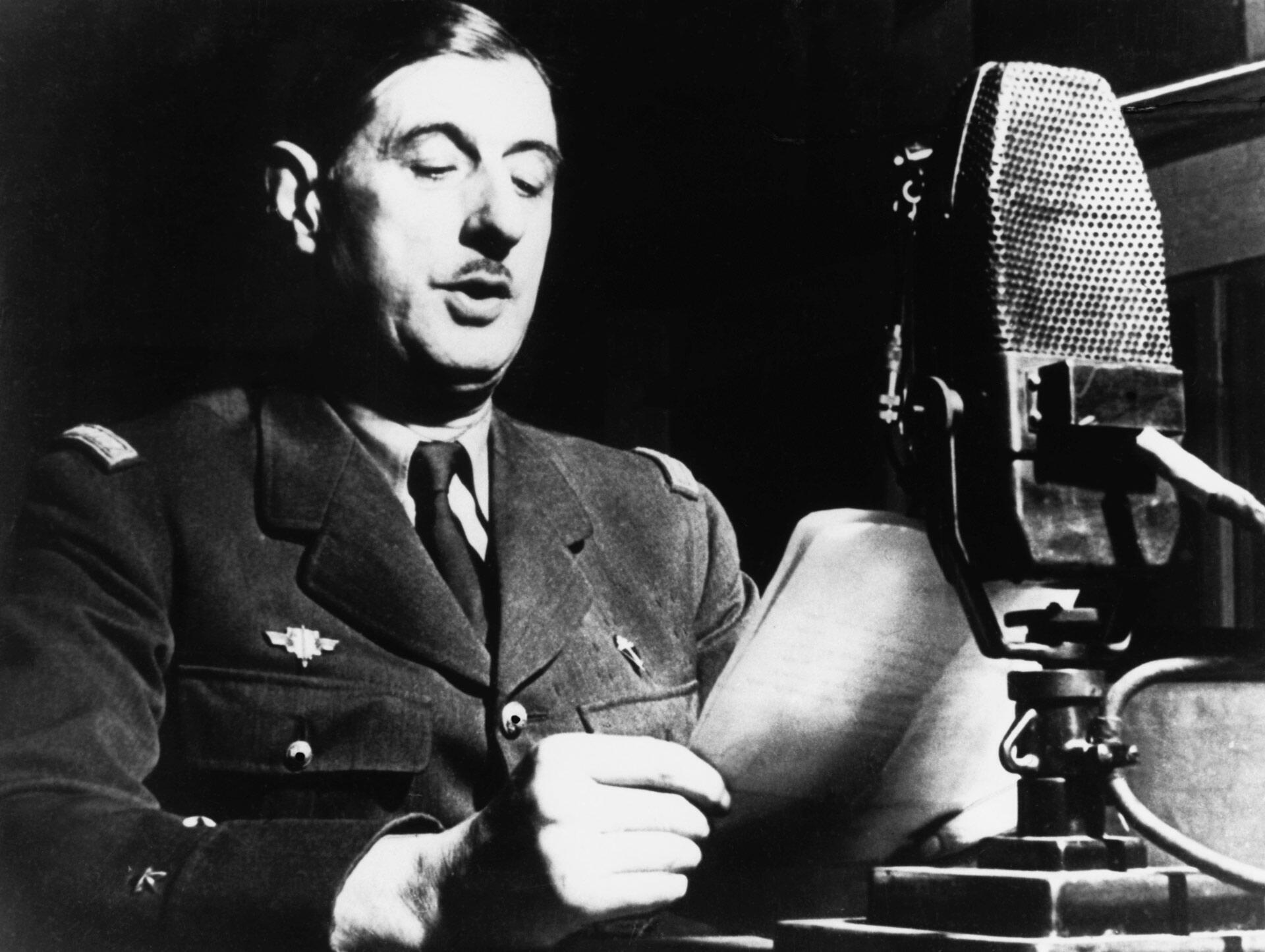The US has approved legislation that will revamp the World War II-era military "Lend-Lease" program to boost Ukraine's military. But, as France and other allies have experienced, US assistance in times of crisis can come with a price.
The US "Land-Lease" scheme turned France into "ungrateful beggars," in the words of Jean Chauvel, French Ambassador to the UN in 1949. During the Second World War, France was the third largest recipient of the US "Lend-Lease" program, receiving $3,2 billion in food, oil, military materiel and economic recovery funds.
The UK got $31,4 billion and the USSR $10,9 billion.
The scheme was initiated by US President Franklin Roosevelt as "An Act to Promote the Defence of the United States" in 1941 and ran until September 1945.
Under the program, the US provided food, oil, warships, aircraft and other weapons to the United Kingdom, Free France, the Republic of China, and, later, to the Soviet Union and other allied countries. The rationale behind the program was that assistance to US allies was, in effect, crucial for the defence of the US itself.

But the handouts, which largely contributed to the allied victory over Nazi Germany and Imperial Japan, didn't come for fre'e.
"Lend-Lease" was a follow-up of the 1940 "Destroyers for Bases" program, under which the US provided the UK with 50 warships in exchange for a 90-year lease of several military bases in the Carïbbean, which formed the core of a still-expanding global network of more than 800 military bases.
According to David Vine, author of Base Nation, a book that maps out US global military power "Lend-Lease" did not lead to the US acquiring more overseas bases. But it did expand US influence worldwide.
As a "Lend-Lease" recipeint, France for one feared for its sovereignty. According to a 2001 study by historian Gerard Bossuat, American Economic and Military Aid to France, 1938-1960, published by the Institute of Public Management and Economic Development (IGPDE), France's provisional wartime government under General Charles de Gaulle made a lend-lease request to the Americans in early 1944.
Military supplies would be free, but in exchange for civilian supplies, the Americans demanded to be paid in gold or hard currency. They suggested that exports from then French North Africa to the US be increased so that the provisional government would have the dollars needed to pay for civilian supplies.
According to Bossuat, "this response scandalised the French, who feared that they could be deprived of their gold (total reserves $2 billion and $200 million in Treasury assets) in case they didn't have enough US cash to buy the civilian supplies.
Liberal economic doctrines
The deal was finally signed in February 1945 - more than six months after the allied landing in Normandy - and after the war, the US "sought to open the French economic space to American trade and investment," successfully, as France joined the post-war Bretton Wood structures the World Bank and IMF.
But, notes Bossuat, the entry of France into these US-controlled entities meant that Paris would be forced into a world economy dominated by Washington's liberal economic doctrines. "What price is there to pay when it comes to national sovereignty and national interests?" he asks.
It's a question authorities in Kyiv may want to ask themselves.
On 9 May, US President Joe Biden signed into law the creation of a renewed version of the "Lend-Lease" program that will make it easier for the United States to send military equipment to Ukraine.
And a day later, US lawmakers started debating on a nearly $40 billion aid package for Ukraine.
"This is a large package but the need is great and time is of the essence." The president has called on both chambers of Congress to act quickly on the Ukrainian aid package.
If the package passes as planned, total US spending to bolster Ukraine's defenses against the Russian invasion and address the ensuing humanitarian crisis will soar to around $54 billion.
It is unclear how, or when, Ukraine will have to pay for goods delivered under the renewed "Lend-Lease" program.







